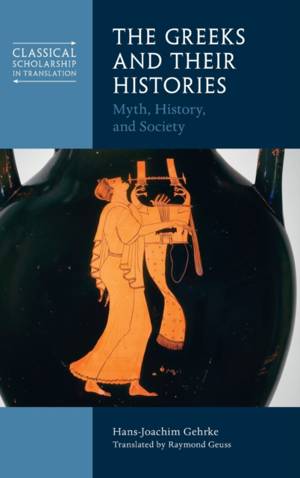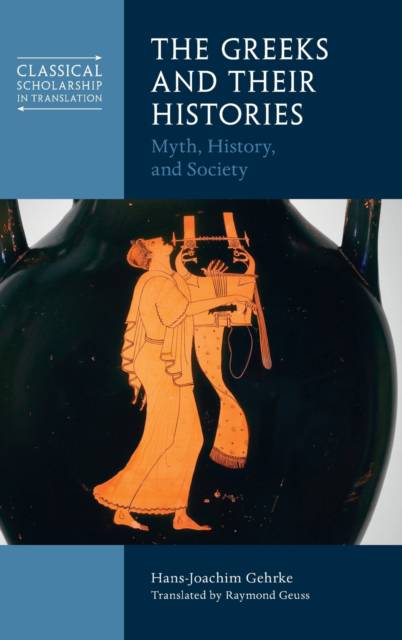
- Afhalen na 1 uur in een winkel met voorraad
- Gratis thuislevering in België vanaf € 30
- Ruim aanbod met 7 miljoen producten
- Afhalen na 1 uur in een winkel met voorraad
- Gratis thuislevering in België vanaf € 30
- Ruim aanbod met 7 miljoen producten
Zoeken
Omschrijving
In this concise but stimulating book on history and Greek culture, Hans-Joachim Gehrke continues to refine his work on 'intentional history', which he defines as a history in the self-understanding of social groups and communities - connected to a corresponding understanding of the other - which is important, even essential, for the collective identity, social cohesion, political behaviour and the cultural orientation of such units. In a series of four chapters Gehrke illustrates how Greeks' histories were consciously employed to help shape political and social realities. In particular, he argues that poets were initially the masters of the past and that this dominance of the aesthetic in the view of the past led to an indissoluble amalgamation of myth and history and lasting tension between poetry and truth in the genre of historiography. The book reveals a more sophisticated picture of Greek historiography, its intellectual foundations, and its wider social-political contexts.
Specificaties
Betrokkenen
- Auteur(s):
- Vertaler(s):
- Uitgeverij:
Inhoud
- Aantal bladzijden:
- 180
- Taal:
- Engels
- Reeks:
Eigenschappen
- Productcode (EAN):
- 9781316519783
- Verschijningsdatum:
- 15/12/2022
- Uitvoering:
- Hardcover
- Formaat:
- Genaaid
- Afmetingen:
- 152 mm x 229 mm
- Gewicht:
- 417 g

Alleen bij Standaard Boekhandel
+ 317 punten op je klantenkaart van Standaard Boekhandel
Beoordelingen
We publiceren alleen reviews die voldoen aan de voorwaarden voor reviews. Bekijk onze voorwaarden voor reviews.











